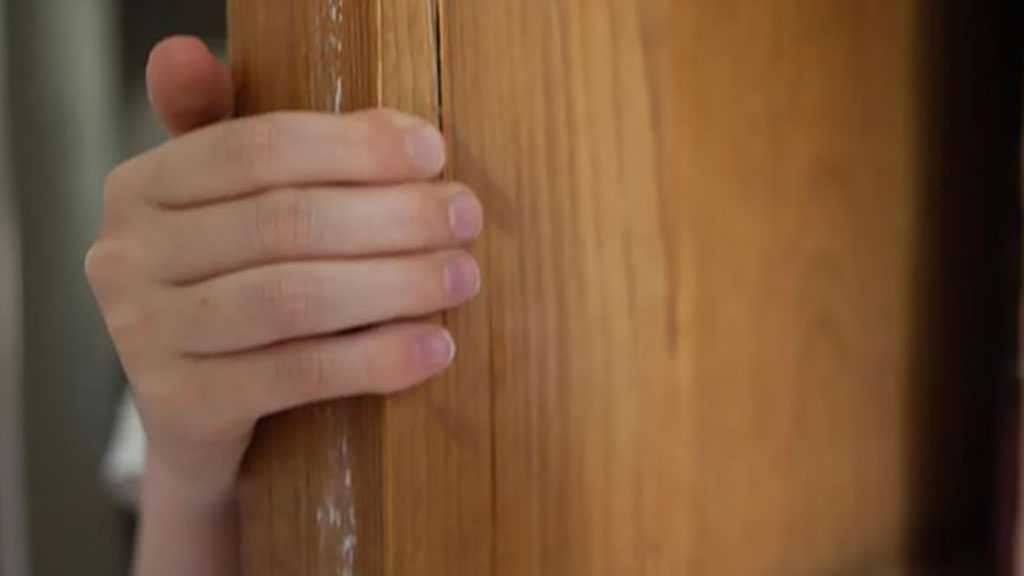
Researchers Attach Body Cameras to Children to Study New Zealand Poverty

By Staff, Agencies
Body cameras attached to more than 150 children have captured the “shameful” extent of child poverty in New Zealand through a child’s eye in a world-first study.
The University of Otago-led study, published in the New Zealand Medical Journal, involved 168 randomly selected 11- to 13-year-olds from across 16 Wellington schools wearing automatic cameras for four days. The cameras took a photo every seven seconds of the child’s day outside school hours and during the weekend.
“[The children] are wearing them all the time, so they just got on with their lives,” said Louise Signal, a senior author of the study and professor in public health. “They played ball, you could see what they’re eating, where they are going.”
The photos also captured the state of the child’s housing, what was in their fridge and cupboards, how likely they were to have private space and whether they were exposed to harms such as gambling, drinking, or moldy rooms.
It is the first study using cameras attached to children “to really show the lived reality of poverty from a child’s perspective,” Signal said. Spin-off studies have also come from the camera data, including a look into the exposure children have to junk food and branding.
Researchers compared images captured by children living in the lowest to highest levels of deprivation.
They found that children from more deprived households had less healthy food available to them, fewer educational resources, lacked access to technology or quiet spaces to do homework, often lived in moldy and overcrowded houses, had fewer opportunities to engage in structured physical activity and were more likely to be exposed to harms such as alcohol.
“It’s heartbreaking and it’s shameful,” Signal said. “There’s no excuse for a country of our wealth.
“We’ve always said we’re a great country to grow up in, but only for some children.”
The study was conducted in 2014, with the results compiled and released this week.
Comments
- Related News



